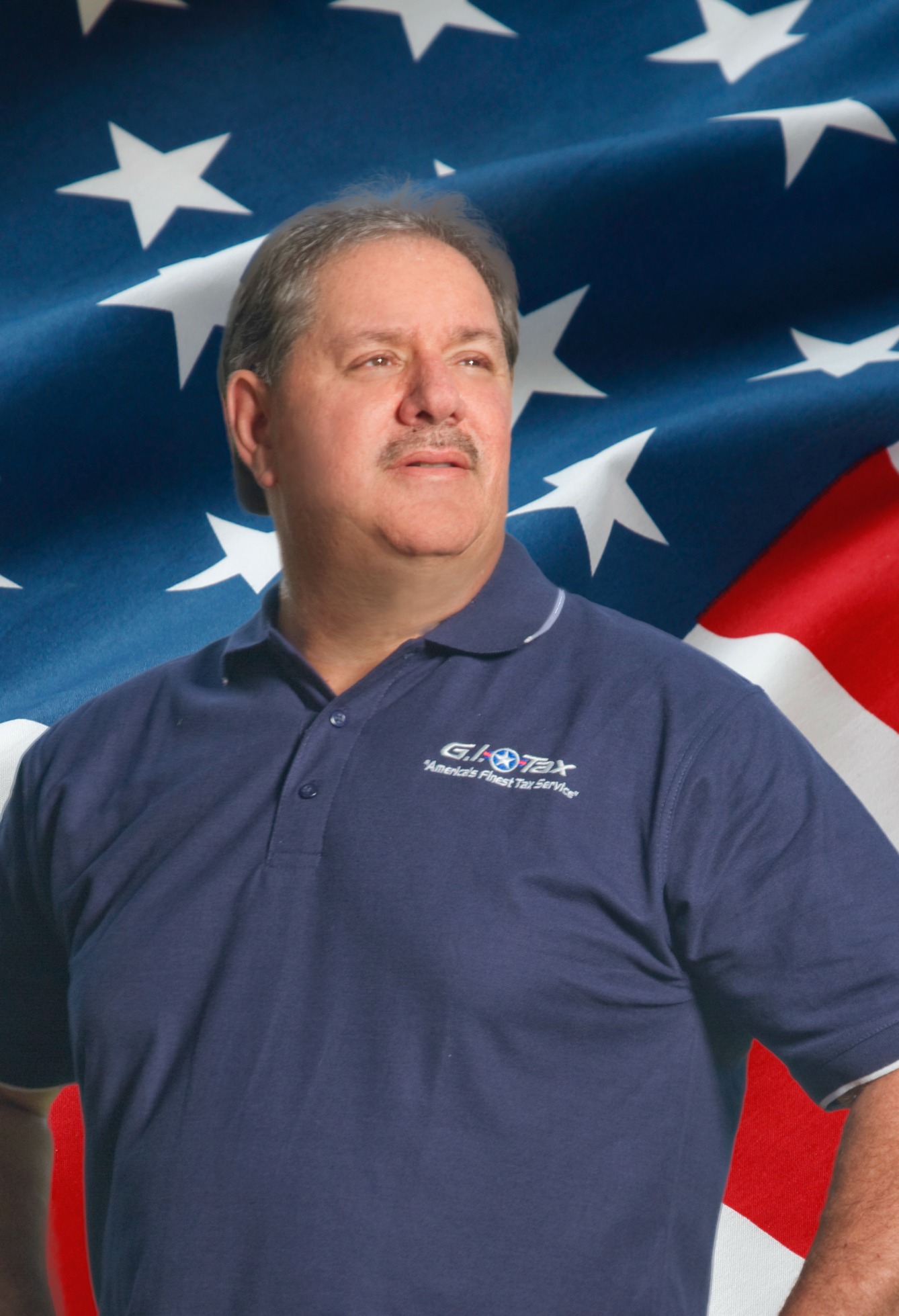If you have done any research on franchise investments, you may have concluded they are a less risky way to own and operate a business, especially when compared to a traditional startup. However, if you’re starting to consider the purchase of a franchise, then odds are, you’ve probably got a few questions about franchising in general. The following are some common questions that investors often ask about buying a franchise:
1. Do you need to have business experience or expertise?
It certainly helps to have some business or management background, whether it’s through education or real-life experience. If you’re starting a company from scratch, it’s necessary. If you don’t know anything about business and you’re starting your own company, you’re going to run into a lot of challenges that you may not be able to overcome. However, it’s different in dealing with a franchise. This is because most franchisors require you to take courses, usually one or two weeks long, that will instruct you on everything you need to know about running the franchise and about the business itself. Additionally, you’ll most likely be required to do some on-site training at another location before you open up your own franchise, so even if you lack business experience or expertise, you’ll be taught and trained how to run your franchise effectively.
2. Do you need to be an expert concerning the product or service your franchise sells?
If you’re investing in a computer repair franchise, you might think that you would need to have in-depth knowledge on how to repair computers. If you were starting your own company, then this would be true. However, with a franchise, it’s not. A franchisor will teach you a certain amount of information about the specific business, but when it comes to specific services, you can take care of the management and business side of things while your staff handles the technical side.
3. How much money will it cost to invest in a franchise?
The initial costs of a franchise vary greatly depending on the business, but it’s likely to be substantially less than a company that you start yourself. Some franchises can cost as little as $10,000. These types of franchises don’t require much overhead, as they often can be run out of your home without a staff and with little equipment or supplies. However, most franchises will require an investment of roughly $50,000 to $200,000.
4. Will you still get to be your own boss?
Many people decide to start their own business because they want to be their own boss. This also applies to owning a franchise; the only difference is that you will have a support system that you can turn to for advice and assistance. It’s worth noting, however, that you will have to work within an established system for your franchise to succeed. This means following the business plan and listening to any advice that is given to you.
5. Can you get financing to help buy a franchise?
Not only can you get financing to help pay for the initial costs of a franchise, but it’s often easier to do so than to obtain a loan for a small business that you’re starting from scratch. The reason for this is because lenders view franchises as less risky propositions. You can obtain financing in many different ways as well: you can go through your bank for a traditional loan, apply for a small business loan, or ask your franchisor if they have an existing relationship with a third-party lender that you can borrow through.
6. Do you need to have an attorney to buy a franchise?
Technically, you don’t need an attorney. However, having a franchising attorney to provide professional guidance can be quite helpful, especially when it comes to looking over the franchise disclosure document and the franchise agreement. They can also give you advice on whether or not certain franchises appear to be sound investments.
These are some of the more common questions regarding franchise investment. Once you’ve gotten a better idea of how they work, you can begin researching different franchises to find one that fits your goals, your needs, and your wants.
About the Author, Glenn Sandler: Glenn Sandler has over 30 years of public accounting experience. He is licensed as a CPA in Florida and Wyoming and holds a Master’s Degree in Forensic Accounting. He continues to invest time and resources into professional continuing education. As a result, Glenn Sandler has gained recognition as a Certified Valuation Analyst (CVA), Certified Fraud Examiner (CFE), and Certified Financial Forensic Accountant (CFF).


